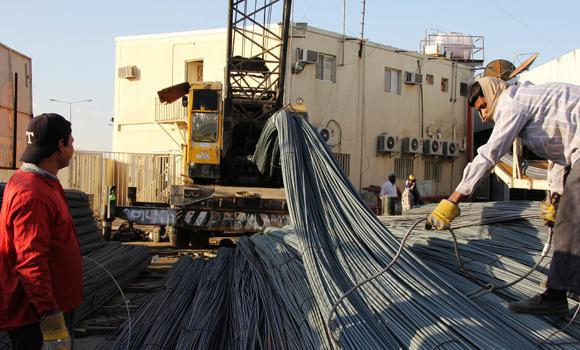
Jeddah, Feb 27: About 34 percent of foreign workers in the Kingdom seek to return home due to several reasons including rising cost of living.
An HSBC survey has confirmed that most expats in Saudi Arabia find integration difficult and raising children expensive.
“Despite the strong economy and the pull of job opportunities, it is unhealthy for the Saudi economy to let expats leave,” said economist Mohammed Shams.
“They are the driving force of the economy. I particularly mean the professional expats who have been working in Saudi Arabia for long years and they know very well how the Saudi business is developing fast.”
He added: “Such rate of expats who want to leave the Kingdom is really high. I think we should start working from now to prepare a Saudi young generation that will be able to replace those expats.”
According to the survey, the cost of raising children in Saudi Arabia is high with 70 percent of parents noticing an increased cost.
“Moving from our home country is tough, and we had hard time getting things done in the beginning,” said Lina Abu-Auof, an Egyptian teacher who came to Jeddah 10 years ago.
Mohammed Irfan, an Indian IT expert working in Jeddah, said he moved to Saudi Arabia 20 years ago and expected to gain a higher salary.
He said that although he received decent pay, he still was unable to save money. “I found that as much as I earned here, I had to spend all that on children’s school and house rent.”
Samira Qabbani, a Syrian mother of five, said that raising children in Saudi Arabia is difficult. She also stated that raising boys is much more difficult in Saudi Arabia.
“The need to keep children indoors and away from strangers is a major challenge I faced while raising my children,” she said. “In Syria, I used to leave my children to play in the garden next to our home, socialize with their relatives, and even walk to school alone.”





Comments
Add new comment